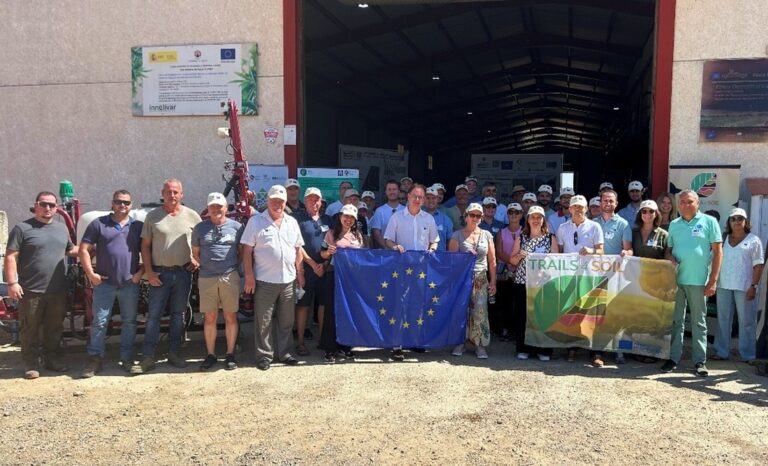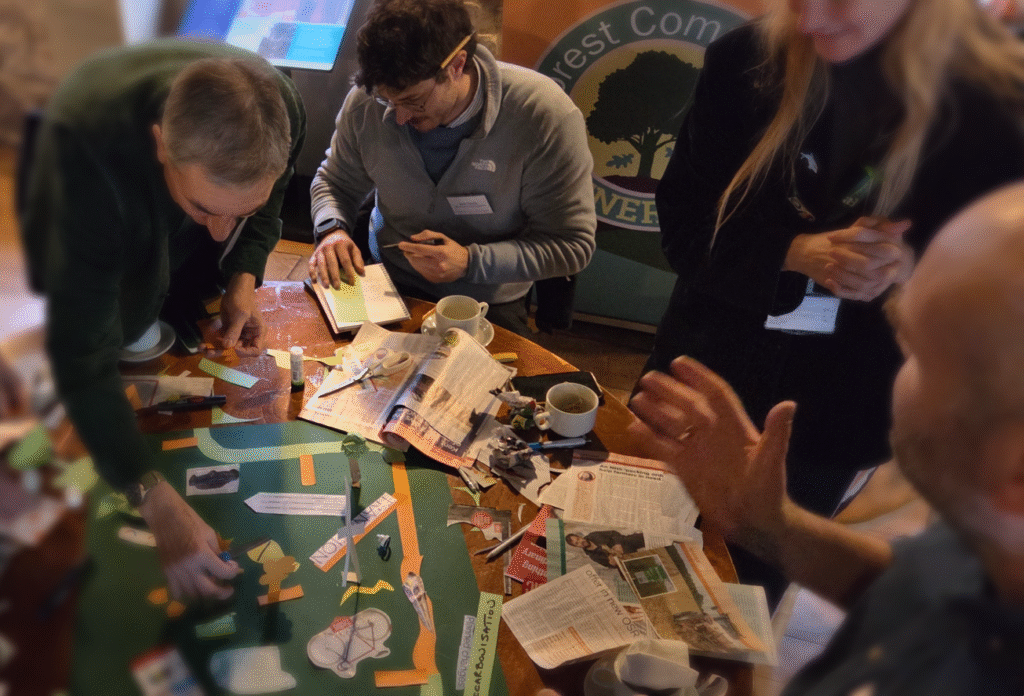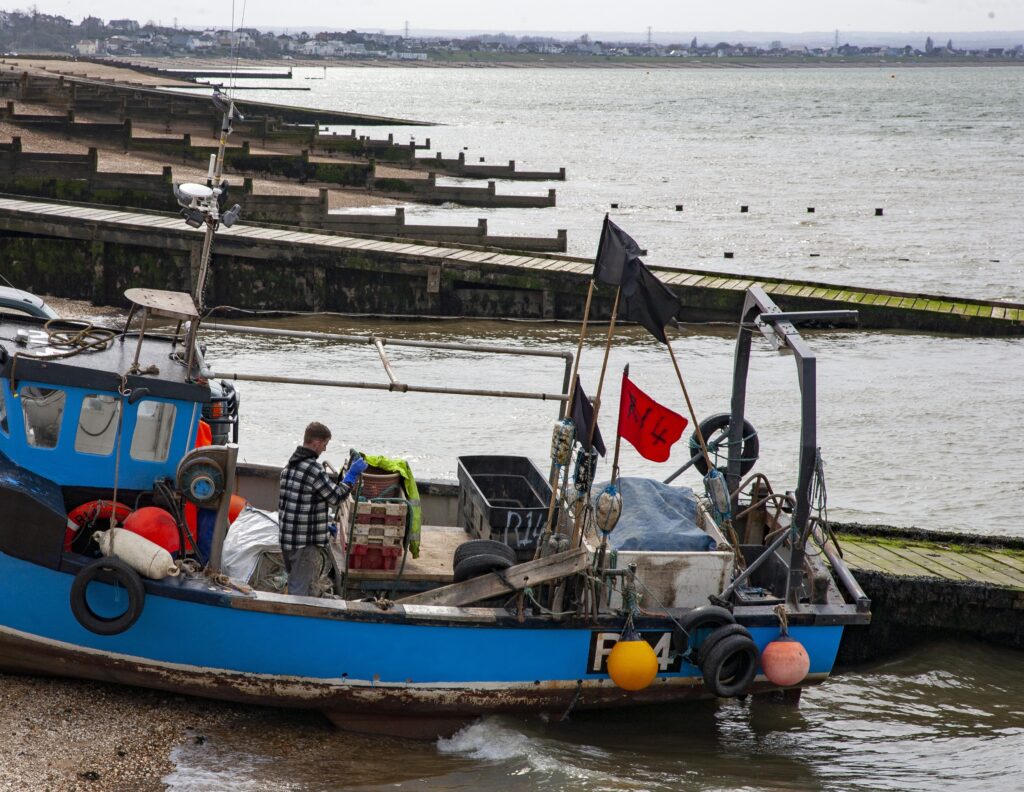Researchers at the Countryside and Community Research Institute (CCRI) are embarking on a major new €14.1 million (£12.3 million) project to explore how Regenerative and Conservation Agriculture can help reverse the alarming degradation of soils – and secure the future of farming across Europe.
Funded by the EU, the TRAILS4SOIL project will work hand-in-hand with farmers to generate robust evidence from 100 experimentation sites across Europe. The research will assess the impact of Regenerative and Conservation Agriculture not only on soil health, but also on crop yields, farm income, and farmer wellbeing.
CCRI is one of 22 research and agricultural organisations collaborating on TRAILS4SOIL. CCRI researchers Jane Mills and Charlotte Chivers are leading efforts to identify and engage key stakeholders—including farmers and other academics—to ensure the project benefits from a wide range of expertise and perspectives.
Together with CCRI’s Michelle Kilfoyle, they will also oversee a comprehensive communications and dissemination strategy to share valuable findings for agricultural policy and practice, and raise public awareness of the benefits of Regenerative and Conservation Agriculture.
The impoverished state of soil
The deteriorating condition of Europe’s soils poses a serious threat to crops, farm incomes, and biodiversity. Intensive farming practices are among the leading causes of this decline.
Interest in Regenerative and Conservation Agriculture has surged among farmers, scientists, and policymakers as a way to restore soil health. Yet, uncertainty remains about which practices are most effective in different contexts—and how they affect yields and livelihoods.
Large-scale evidence
Over the next five years (2025-2030), TRAILS4SOIL project members will work closely with farmers and land managers across a network of 100 experimentation sites on working farms, in nine European countries, to evaluate the impacts of Regenerative and Conservation Agriculture.
Each experimentation site explores one of five specific issues, namely:
- Sustainable permanent cropping systems under Mediterranean climate conditions
- Regenerative Agriculture approaches towards organic farming systems
- Improving soil health for climate change adaptation
- Innovative solutions for black soil conservation
- Conservation Agriculture with crop-livestock integration to enhance soil health
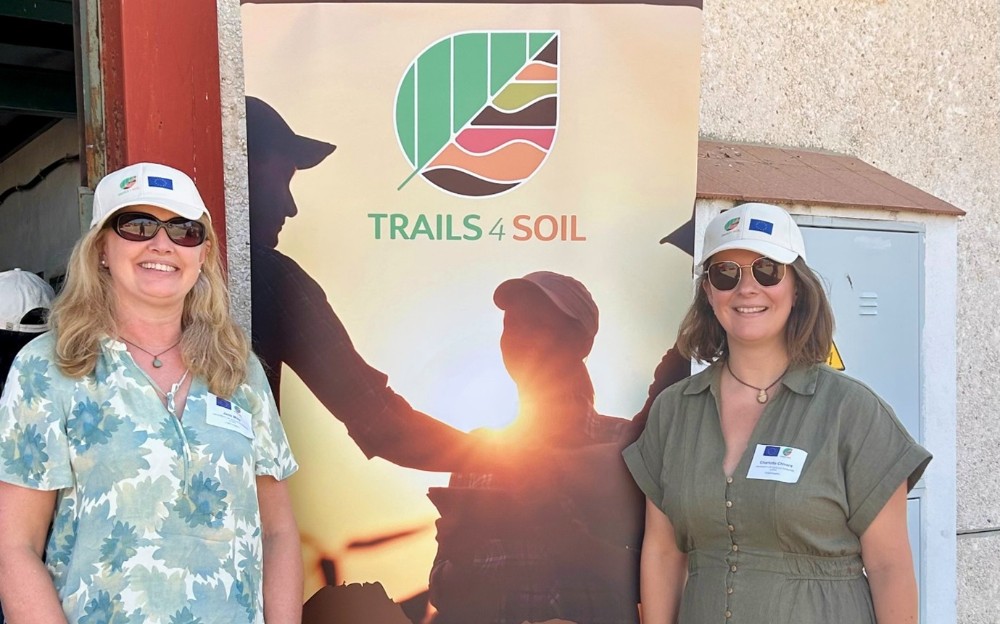
Supporting farmers and society
“Farmers are struggling with the pressures to produce huge volumes of low-cost food, and now climate change is making their jobs even harder” says Jane Mills, Associate Professor in Agri-environment Behaviours at CCRI.
“Regenerative and Conservation Agriculture holds huge promise in helping defy these pressures”.
“By working directly with farmers, TRAILS4SOIL will benefit from their expertise of their local conditions. This means we can help other farmers understand which solutions are most likely to work best on their land”.
Professor Emilio Gonzalez (University of Cordoba), who coordinates the project, emphasised the urgency of the mission: “Society has overlooked soil’s needs for too long and we’re now experiencing the harmful repercussions of that.”
“Soil erosion alone costs the EU economy up to €38 billion every year in reduced agricultural productivity and infrastructural damage.”
“We will share our data from 100 sites with policymakers, farmers and land managers, giving them reliable information on regenerative agriculture. Ultimately, we want to help transform European agriculture for the benefit of all society and the environment”.
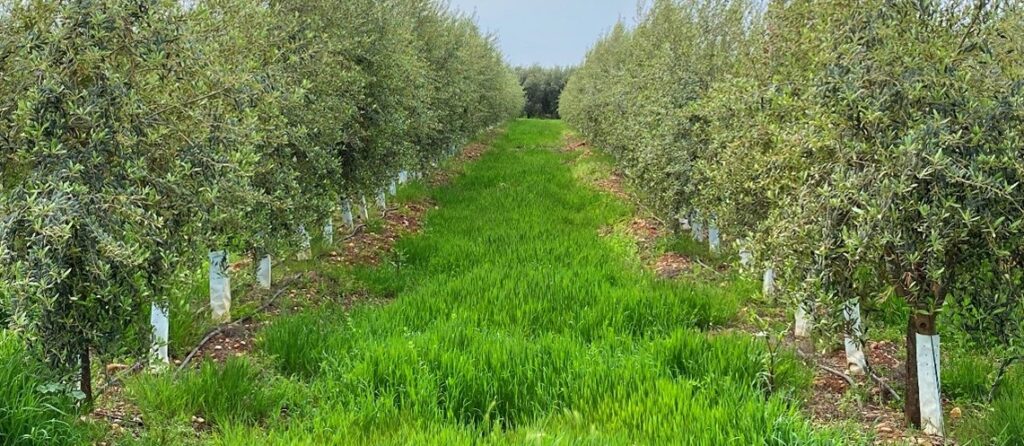
Head to the TRAILS4SOIL website to learn more about the project: https://trails4soil.eu/
Find out more about Jane and Charlotte’s previous research activities on the University of Gloucestershire’s Research Repository, which includes academic articles related to soil health.

